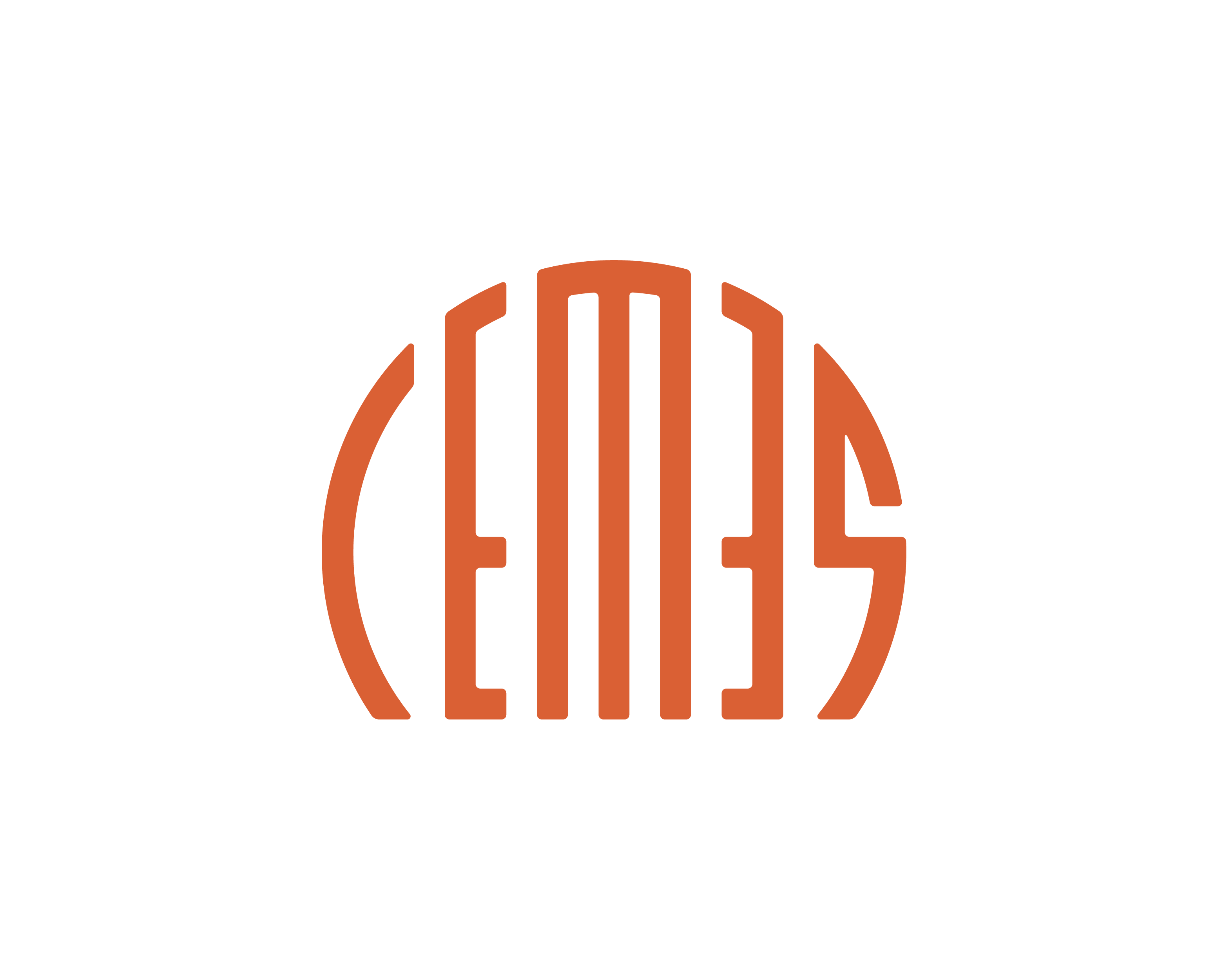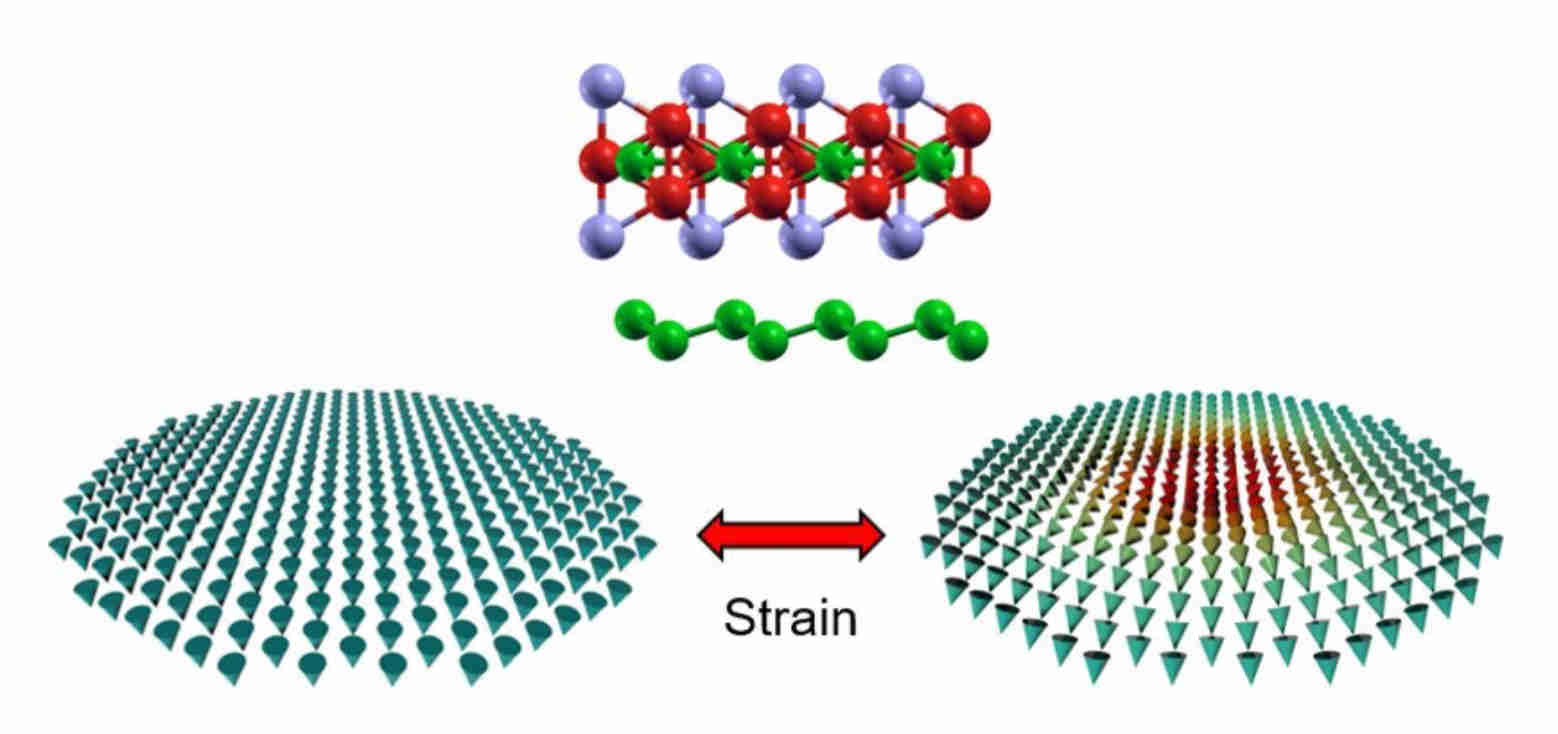First-principles investigation of magnetic skyrmions in 2D van der Waals heterostructures
NANOSCIENCE

Lab: CEMES
Duration: 6 months
Latest starting date: 01/02/2023
Localisation: CEMES/CNRS, Toulouse, France
Supervisors:
Dongzhe LI, Dr dongzhe.li@cemes.fr
This research master's degree project could be followed by a PhD
Work package:
Magnetic skyrmions, topologically protected chiral spin structures with particle-like properties, have attracted tremendous attention due to their potential application in next-generation spintronics devices such as racetrack memories, logic gates, and qubits for quantum computing. The recent discovery of 2D magnetic materials opened new opportunities for topological spin structures in atomically thin van der Waals (vdW) materials. Stabilizing skyrmions in 2D magnets have several potential advantages. These include avoiding pinning by defects, the possibility of forming skyrmions with a minimum thickness, and easy control of magnetism via external stimuli. The study of magnetic skyrmions in 2D magnets is still in its early stage.
The purpose of this Master’s project is to explore magnetic skyrmions (e.g., generation, stability, detection, etc) in atomically thin vdW materials by density functional theory (DFT), the atomistic spin model (Heisenberg exchange, Dzyaloshinskii-Moriya interaction, magnetocrystalline anisotropy), and nonequilibrium Green’s function formalism.
This internship requires a taste for modeling. The numerical calculations will be performed using local and national HPC facilities such as CALMIP and GENCI. The results obtained will be analyzed with the possibility of publication in international scientific journals. Funding for a Ph.D. starting in October 2023 is already secured by the French National Research Agency (ANR).

References:
[1] Dongzhe Li, S. Haldar, and S. Heinze, “Strain-Driven Zero-Field Near-10 nm Skyrmions in Two-Dimensional van der Waals Heterostructures”, Nano Letters 22, 7706-7713 (2022).
[2] Dongzhe Li, S. Haldar, T. Drevelow, and S. Heinze, “Tuning the magnetic interactions in van der Waals Fe3GeTe2 heterostructures: A comparative study of ab initio methods”, accepted in Physical Review B (2022)
Areas of expertise:
Theoretical physics
Nanoscience
Required skills for the internship:
- Master in physics (e.g., Fundamental physics, condensed matter physics), nanosciences, materials science, or any other equivalent majors.
- Good background in quantum mechanics, solid-state physics, and condensed matter theory.
- Programming skills (Fortran, Python, or Bash) are not mandatory but will be considered an advantage.
